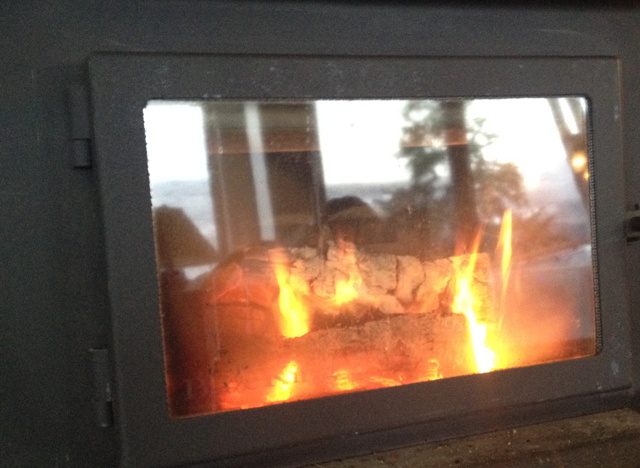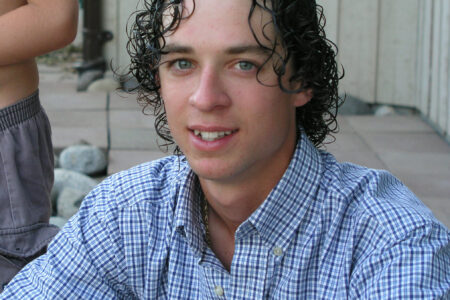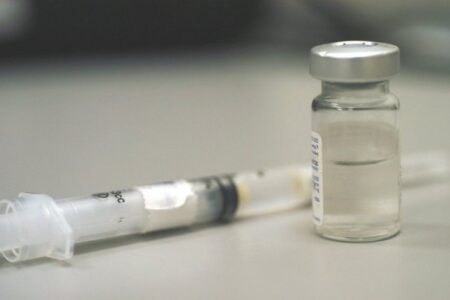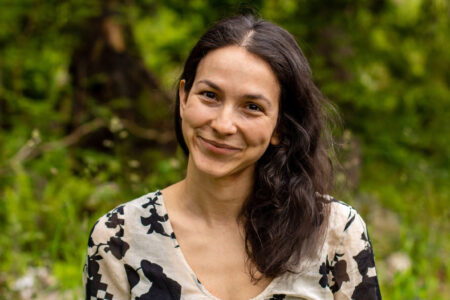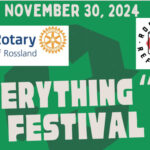Burning cleaner — Wood Stove Exchange Program benefits communities
As winter’s cold embrace descends upon B.C., the Ministry of Environment is providing over $190,000 to 13 communities and regional districts as part of the Provincial Wood Stove Exchange Program.
Since 2008, the B.C. government, in partnership with the BC Lung Association, has helped British Columbians replace their older model stoves with new cleaner burning models.
Last year over 600 stoves were exchanged across the province and the goal is to have another 600 stoves exchanged again this coming year.
“The Wood Stove Exchange Program is an important partnership with the Province that has seen considerable success to date in improving air quality in participating communities,” said Scott McDonald, CEO, BC Lung Association.
“We look forward to the program continuing to help B.C. families swap out their older high-polluting stoves and burn smarter by using newer more environmentally-friendly options.”
Smoke from older higher-polluting wood stoves, in combination with the cold still nights of winter, has a significant impact on air quality.
This is one of the leading reasons why some areas of B.C. see more air quality advisories at this time of year.
“Wood smoke is a major contributor to air pollution and through the resounding success of our Wood Stove Exchange Program, we are making a positive change in the air British Columbians breathe,” said Mary Polak, Minister of Environment.
“This provincial funding will motivate hundreds of homeowners to swap their old wood stoves with more efficient, cleaner burning models that will significantly reduce emissions in their communities.”
The Wood Stove Exchange Program helps homeowners by providing a $250 rebate when a new wood-burning, pellet or natural gas stove is purchased and an older model retired. New emissions-certified wood stoves burn one-third less wood; and reduce smoke and particulates entering the atmosphere by 70% or more.
The funding will also be put toward educational materials and workshops in communities to better inform residents on clean wood burning.
To date, the Province has put $2.5 million toward the program, resulting in the purchase of over 6,600 cleaner-burning models.
There are close to 70,000 older-model wood stoves still in use around the province. Older wood stoves can affect the health of homeowners, neighbours and overall airshed health. Exchanging these wherever possible is highly recommended.
Quick Facts:
- The Wood Stove Exchange Program has reduced particulate matter emissions by over 400 tonnes per year benefitting air quality in the 27 communities and regional districts that have participated.
- In B.C., all new wood stoves and inserts sold must meet U.S. Environmental Protection Agency (EPA) or Canadian Standards Association (CSA) emission standards.
- More than 6,600 wood-burning stoves and inserts have been replaced by cleaner burning models since the Provincial Wood Stove Exchange Program began eight years ago – this equates to an estimated reduction of 410 tonnes of particulate matter pumped into the air each year.
- Always use dry well-seasoned wood cut into pieces that are 10-15cm in diameter. Burning “green” or wet wood produces significantly more smoke.
- Firewood should be seasoned for at least six months. Burning seasoned wood also saves money by reducing wood consumption by 25%.
-
The 13 communities/regional districts receiving grants for the 2016-2017 Wood Stove Exchange Program are:
- Regional District of Central Okanagan and Regional District of Okanagan-Similkameen – $23,500
- Regional District of Central Kootenay – $18,500
- Regional District of Kootenay Boundary – $7,800
- Prince George Air Improvement Roundtable – $11,000
- Bulkley Valley and Lakes District Airshed Management Society – $9,200
- Metro Vancouver – $19,250
- Sunshine Coast Clean Air Society – $10,650
- Regional District of Nanaimo – $18,900
- Alberni-Clayoquot Regional District – $10,450
- Campbell River – $8,900
- Comox Valley Regional District – $16,700
- Cowichan Valley Regional District – $24,500
- Golden and District Air Quality Committee – $10,900
Story originated at The Nelson Daily.


